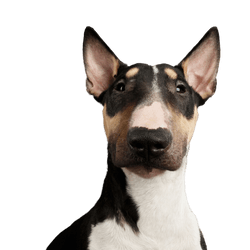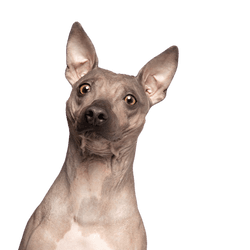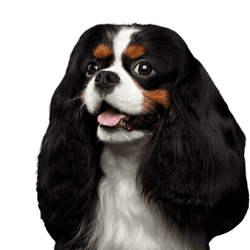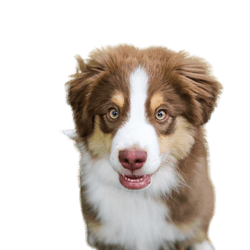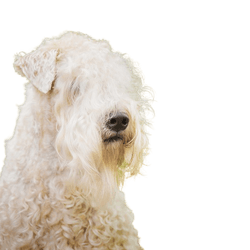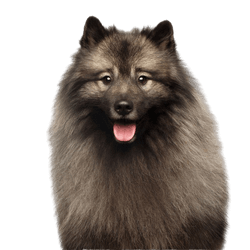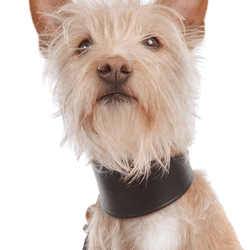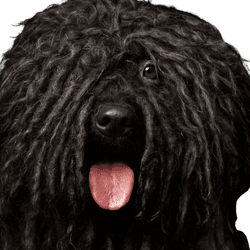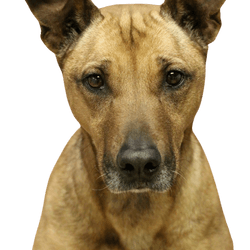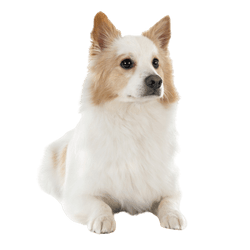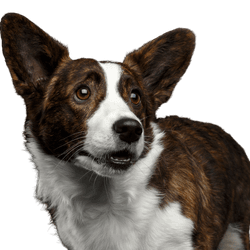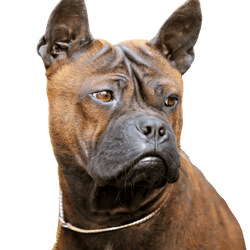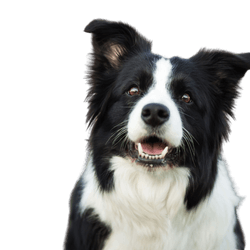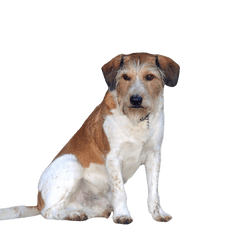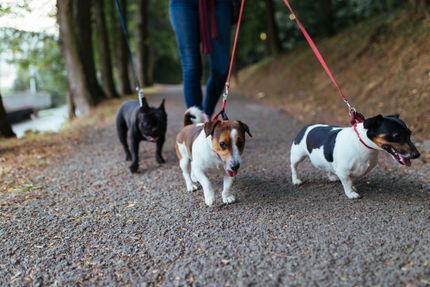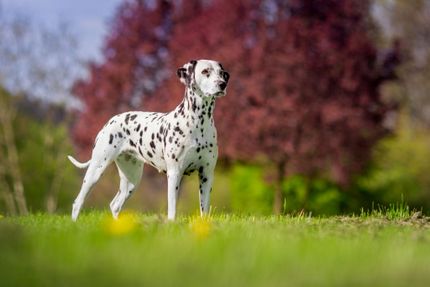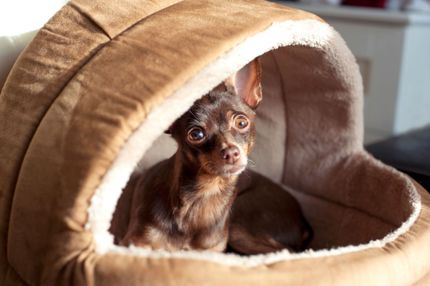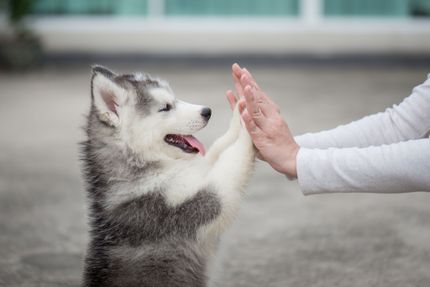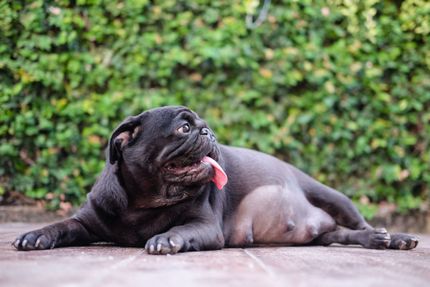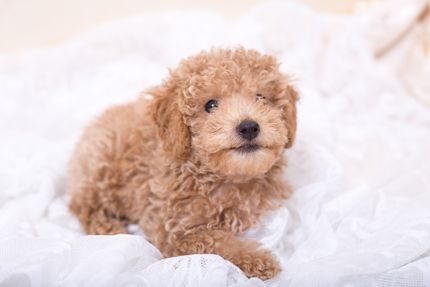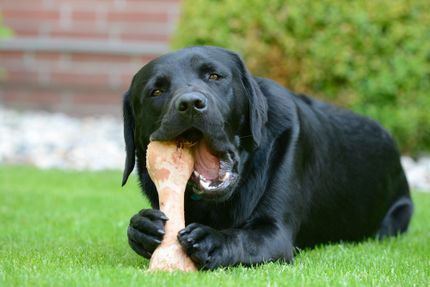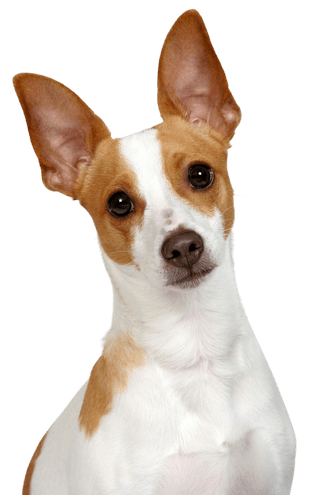
Decker Hunting Terrier Breed description: Character & Co
Decker Hunting Terrier
Facts & Origin
What is the origin of the Decker Hunting Terrier?
Originally, this breed comes from Oregon, USA, where the breed was created by founder Milton Decker by crossing a smooth fox terrier mix named Henry with Rat Terriers in the 1970s.
Milton Decker was so fascinated by the character of his dog Henry and the above-average size compared to the terriers he knew, that he set himself the goal of further preserving the character as well as the size of the loyal companion and passionate hunter. Thus, after years of breeding work, the Decker Hunting Terrier, also called Decker Terrier or Decker Rat Terrier, was born.
As an all-rounder among the hunting dogs, he used to be used for hunting small game as well as big game. In the meantime, this breed is becoming more and more popular in America as a family dog.
Although it is considered a separate breed, it is listed under Rat Terriers by the AKC and UKC. It is not recognized by the FCI and KC.
What are the breed characteristics of the Decker Terrier?
The decisive breed characteristic for a Decker Terrier is probably its size, which sets it apart from its smaller brother, the Rat Terrier.
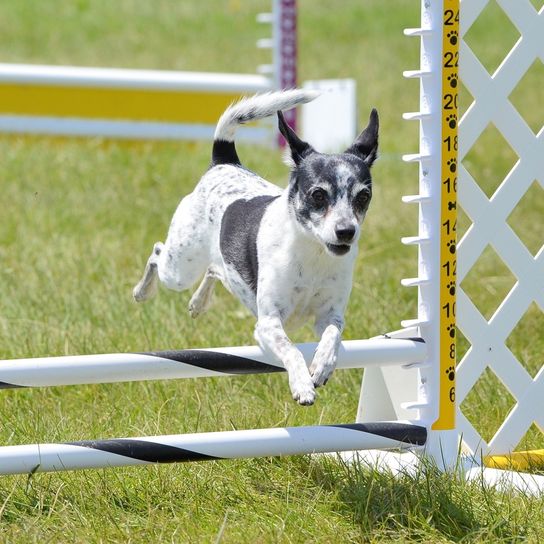
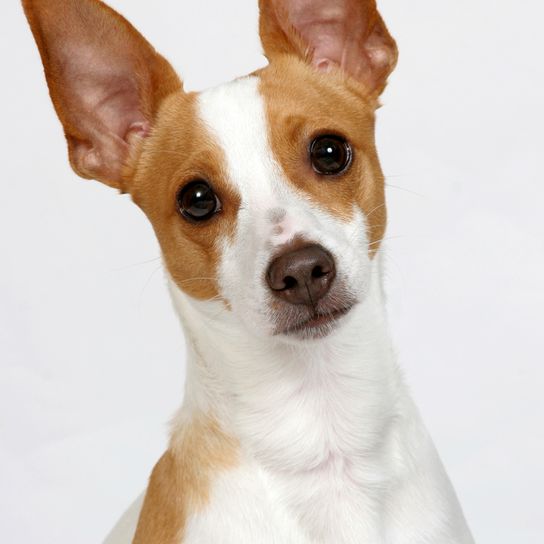
| Alternate Name | Decker Rat Terrier, Decker Terrier |
| Origin | USA |
| Life expectancy | 15 - 18 years |
| Care requirements | low-maintenance |
| Activity level | average |
| FCI group | not recognised |
| AKC group | Terrier Group |
| KC group | not recognised |
Attitude, character and temperament of the breed
What are the typical characteristics of the Decker Terrier?
In a nutshell, the Decker Rat Terrier can be described quite accurately with the following characteristics:
- persevering and agile
- intelligent and eager to learn
- friendly and people-oriented
Although the Decker Terrier is the perfect dog for active dog lovers due to its persevering, exercise-loving nature, even a terrier should never be pushed too hard. Not only can boredom do tremendous damage to the Terrier's stress costume, which can cause behavioral problems to develop. His eager to learn nature as well as the joy to be allowed to work with his human make the training of various basic signals easier for you. Due to his original task as a hunter he is also very independent and fearless. These characteristics can make free running very difficult for you despite intensive training. A Decker Hunting Terrier is also suitable as a family dog, but he will only be able to show his balance and contentment if he is at least kept busy with hunting activities just for fun. Also, the mental workout should not be disregarded, which is necessary for the Decker Terrier because of his intelligence, otherwise he will be bored quickly and develop some fluff.
Character
Usage

Health and breeding information
What are typical diseases of the Decker Terrier?
Typical diseases are patellar luxation, hip dysplasia and diseases of the heart.
Rarely, but nevertheless, this breed can also be accompanied by deafness, epilepsy, dental problems, diseases of the eyes as well as skin allergies.
The life expectancy is 15-18 years.
What to consider when breeding the Decker Rat Terrier?
If you are looking for one of these dogs, you will have to cross the pond, because breeders of this breed can only be found in America. This is probably due to the fact that the breed is rather unknown in our country. Compared to many other purebred dogs, the purchase costs are probably quite manageable at around 600€.
If you want to keep your dog exclusively as a family dog, then you should definitely go in search of a show line breeder. But even a dog from the show line is not a couch potato, but still brings a lot of power, whereby he wants to be physically and also mentally busy. So this dog is best suited for enterprising people.


Appearance and Coat of the Decker Rat Terrier
The Rat Terrier is a muscular, powerful dog with a broad wedge-shaped head and prick ears. It has a short tail, but may also have a congenital stubby tail. The smooth coat is short and dense and requires regular grooming, preferably weekly. When it comes to coat colors, anything from black, black-tan, to tan with or without sable is possible. Likewise, the Decker Terrier can appear solid, bi-colored, or tri-colored with or without white markings.
How big does a Decker Terrier grow?
He grows between 38 and 50 cm tall.
How much does a Decker Rat Terrier weigh?
He weighs between 10 and 18 kg, depending on his size.
| Fur length | short |
| Fur | flat coated |
| Ear shape | Standing Ears |
| Tail | stubby |
| Anatomy | sporty |
| Size ♀ | 35 - 45 cm |
| Weight ♀ | 10 - 17 kg |
| Size ♂ | 38 - 50 cm |
| Weight ♂ | 10 - 18 kg |
| Suitable For | - |
Colors
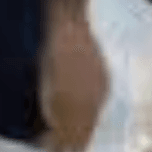
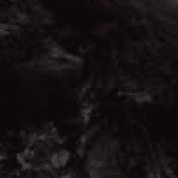
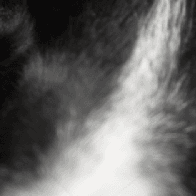
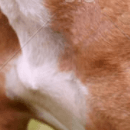
Known Diseases
Eye diseases
Often occur with allergies and intolerances.
Epilepsy
Definition: Dog has epilepsy if, for example, at least two epileptic seizures occur more than 24 hours apart.
Skin inflammations
Can be hereditary in certain breeds.
Numbness
Often occurs in old age.
Tartar
If dogs don't get a good food or sugary food, tartar can quickly appear.
Other medium dogs
Useful Articles
You can find articles that might interest you in the dogbible blog to match your favorite breed.
Visit our magazineto stay up to date on dog trends.
To find out more, view our Privacy Policy
Find here the breed that suits you and find out what character traits it has. Here you can also learn more about the origin, size and weight of your favorite breeds.
Matching your favorite breed, you'll find articles that might interest you on the dogbible dog blog.
You want a poodle? Then read these things beforehand
Dry food for the dog - Grain-free dry food review
Long line, flexi line, leash - What you need to know
